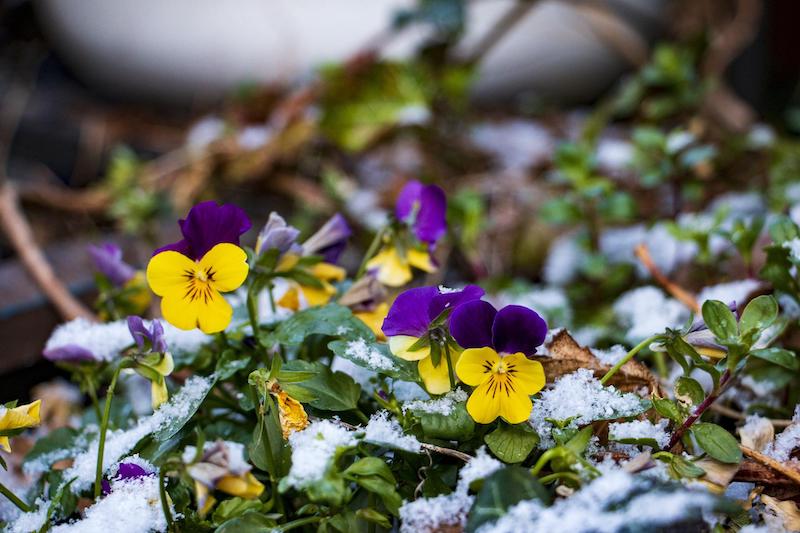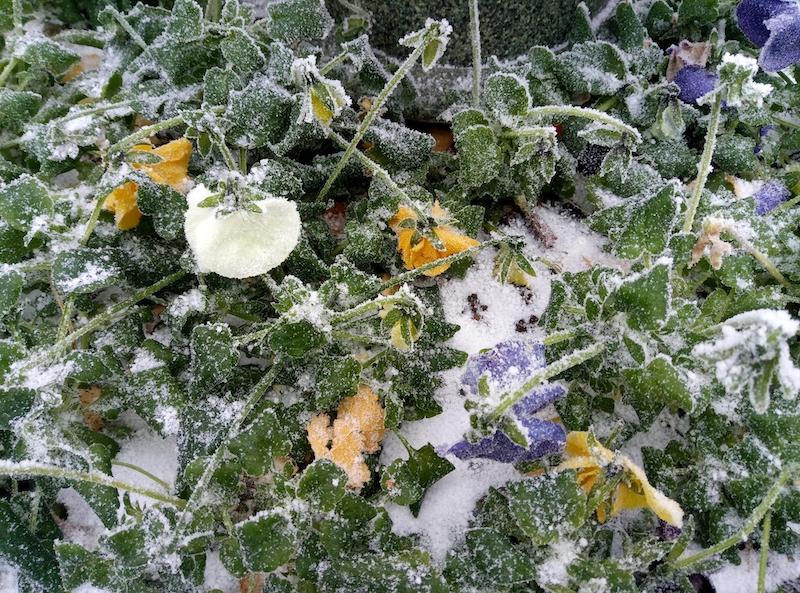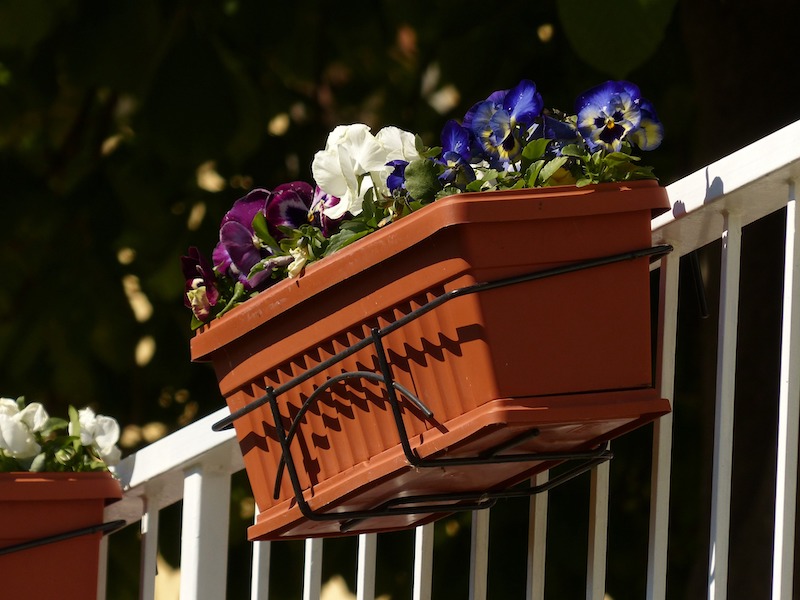The overlapping petals and bold colors give Pansy flowers their unique look. This lovely plant grows as a perennial in areas with mild winters, and proper winter care will ensure this plant emerges in the spring, ready to bloom and look amazing. This plant needs some help to survive the winter successfully, and the following sections will tell you what you need to know about overwintering Pansies.

Protecting Pansies in Winter
Most Pansies are perennials in USDA zones 4 through 9, but always check the cultivar before selecting a plant for your outdoor space. While Pansies need cool weather to thrive, cold weather is damaging. Cover Pansies during the fall with pine straw or a bough to protect the foliage from frost damage. It is unnecessary to cover plants in areas with mild winter weather if there is no threat of frost or cold temperatures. Pansies are commonly grown as annuals in areas with cold winters.

Cutting Back Pansies For Winter
Pansies will go dormant during the winter. Prepare the plants for the winter by trimming away dead or damaged growth and removing spent flowers.
Pansies Winter Care in Pots
Potted Pansies should be moved to a protected area to save the foliage and the roots from exposure to cold weather. Basements, garages, and sheds are good areas to store container-grown Pansies during the winter. The plants do not need to be stored in a heated area; they just need to be out of the elements, especially if there is a chance of frost.

Watering Pansies in Winter
Dormant plants do not need water, so stop watering Pansies if they are not actively growing during the winter. Pansies may continue to grow in areas with warm winters, so water the plants when the top inch of soil is dry if the plant is pushing out new foliage and flowers.
Growing Pansies Indoors
Pansies can be brought indoors during the winter. Growing Pansies as houseplants is a way to continue to enjoy the plant and help it survive outside of its growing range. Pansies can grow inside, but they may be more challenging to grow as houseplants. Most homes are too warm and dry for Pansies, so select a spot away from a heat source and consider adding a saucer of water nearby to increase humidity. The plants need shade when grown outdoors, but exposure to medium or bright indirect light is best when Pansies are inside. The plant may go dormant despite your best efforts, so move it back outside in the spring to reinvigorate its growth.
Steps To Care For Pansies in Winter
Step 1 - Remove dead or damaged growth during the fall
Step 2 - Plants in the ground can be covered with pine straw to protect from frost or dug up and placed in a pot or container with drainage
Step 3 - Bring potted Pansies inside and place them in a spot that receives medium to bright indirect light
Step 4 - Container-grown Pansies can overwinter in a protected area, out of the elements, while they enter dormancy
 |
Author Alison Cotsonas - Published 08-01-2022 |


